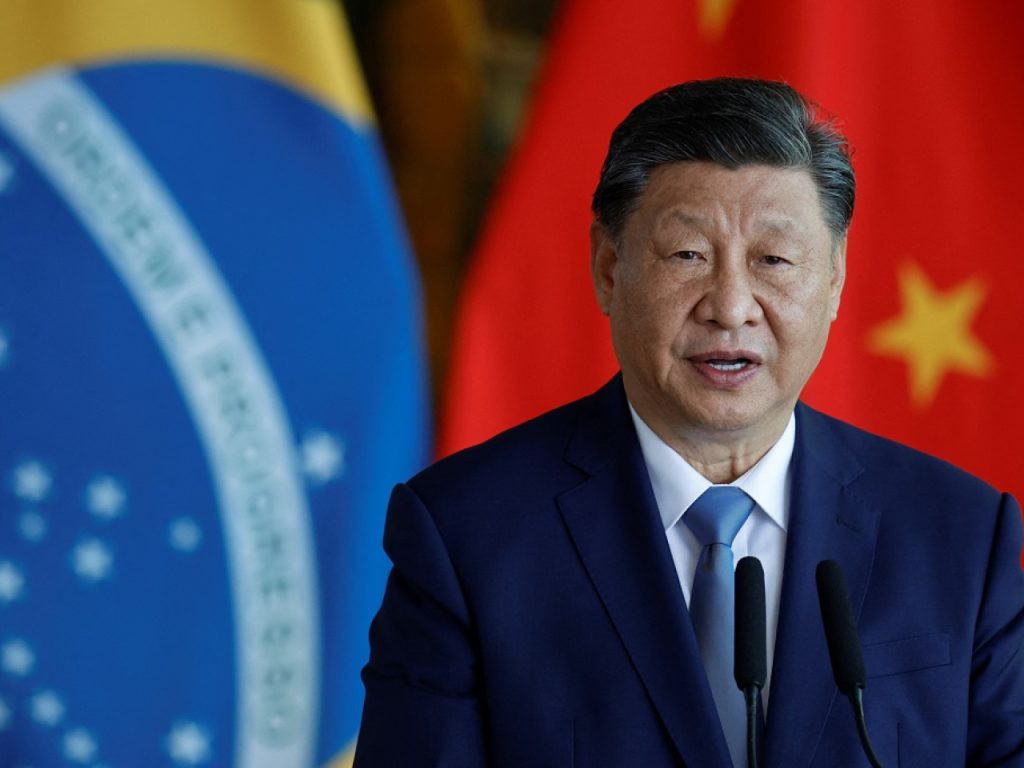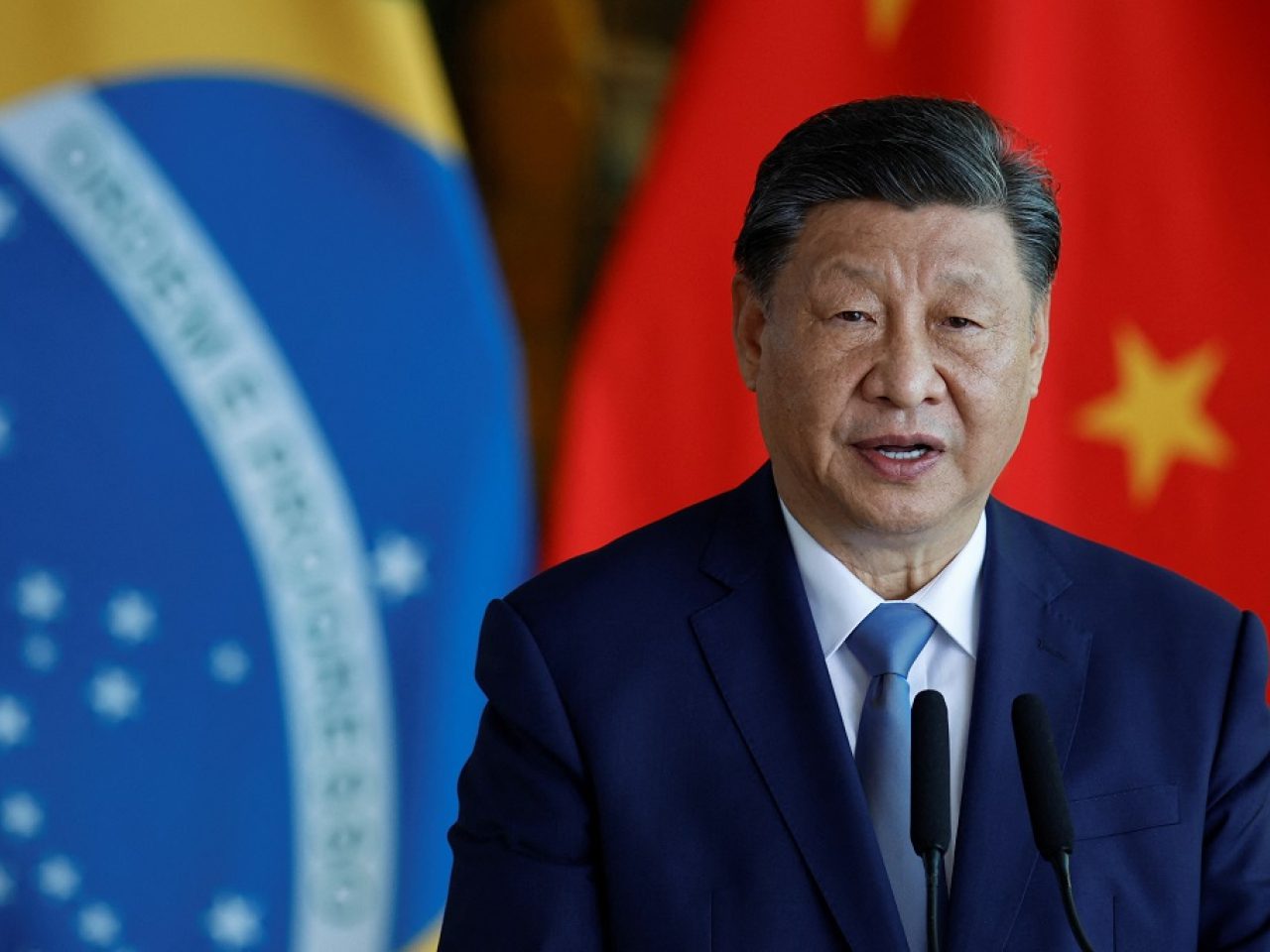China calls for global consensus on AI governance, urging ethical and inclusive development, as the US and UK push back on regulatory commitments at global summit.

Beijing –
At the recent Global AI Governance Summit, China urged nations to unite behind a shared framework for “open, inclusive, and ethical” artificial intelligence—emphasizing a balance between innovation and security. The proposal aimed to advance international cooperation amid growing geopolitical competition over AI leadership.
“We must not allow AI to widen technological divides or threaten international stability,” said China’s top science minister, calling for enforceable global norms.
China’s Push: Ethical AI, Shared Benefits
The statement from China highlights its positioning as a leader in multilateral tech diplomacy. Beijing’s appeal stressed that AI development should remain human-centric, fair, and accountable across borders. It proposed a set of principles for AI governance focused on transparency, safety, and mutual development, particularly for Global South nations.
China also reiterated support for UN-led frameworks, aiming to curb military AI use and ensure data privacy protections across jurisdictions.
U.S. and U.K. Push Back on Regulation
Despite the strong appeal, the United States and the United Kingdom refused to sign the summit’s final declaration, citing concerns over “excessive regulation” and threats to innovation.
Washington emphasized its commitment to “industry-led AI standards” and “innovation-first frameworks,” warning that premature global rules could stifle growth. A U.S. official described China’s model as “state-centric” and inconsistent with democratic governance.
The U.K. echoed similar reservations, instead highlighting national-level AI safety efforts like the Frontier AI Taskforce and domestic legislation already in place.
Fractured Global AI Governance
The summit revealed deep divides in global AI policymaking. While the EU, India, Brazil, and South Africa expressed conditional support for the Chinese-led proposal, the lack of G7 unity underscored the challenge of building consensus.
Tech experts warn that without common ground, nations risk entering a fragmented AI future—with regulatory frameworks diverging and tech corporations caught between competing legal regimes.
Looking Ahead: From Vision to Enforcement
China’s call for “global AI consensus” builds on its 2023 “Global AI Governance Initiative,” and reflects its efforts to present a rules-based alternative to Western-led AI policy.
However, enforcement remains elusive. Without binding international agreements, and with the U.S. and U.K. insisting on national sovereignty in AI regulation, the road to shared global norms remains steep.
Nonetheless, the summit marked a crucial step: AI is no longer just a tech issue—it is a defining arena of global diplomacy.











Comments are closed.